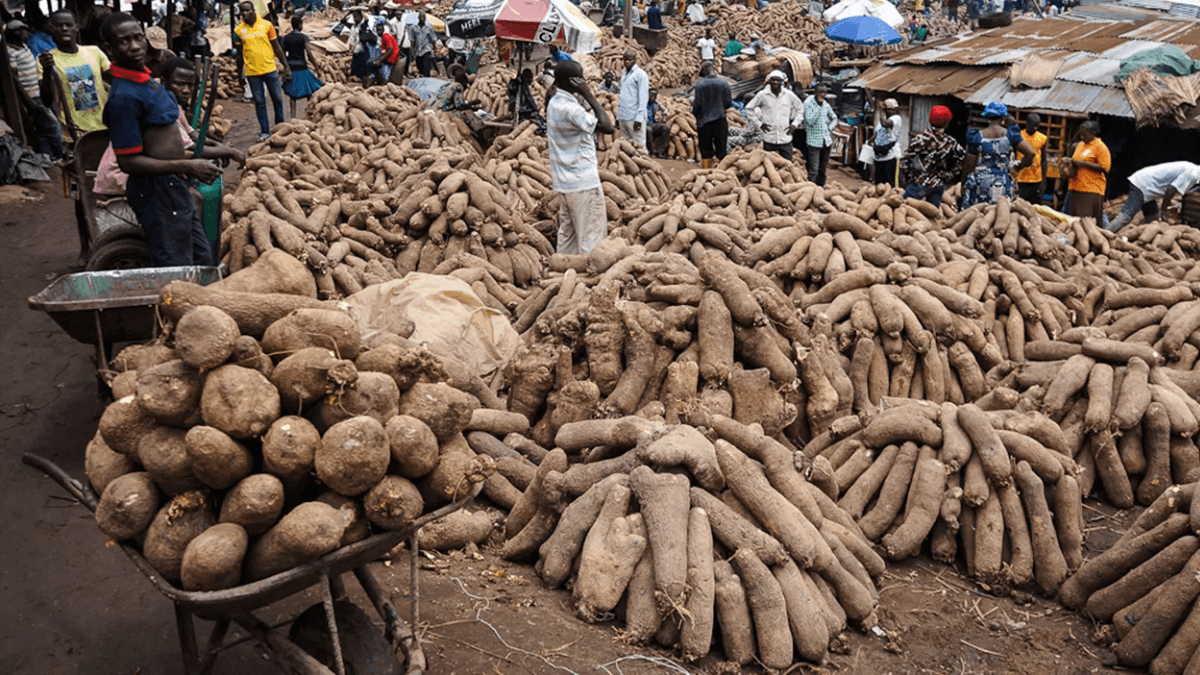News in brief:
– Nigeria’s food inflation rate dropped to 37.52% in August 2024 due to reduced prices of yams and potatoes.
– Despite the decline, Nigerians still face high prices in the market, with the year-on-year inflation rate higher by more than 8%.
Nigeria’s food inflation rate has decreased for the second month in a row, dropping to 37.52% in August 2024 from 39.53% in July.
Slower increase rates in prices of key food items like yam, Irish potatoes, and vegetable oil drove this reduction. According to the National Bureau of Statistics (NBS), the month-on-month food inflation fell to 2.37% compared to 2.47% in July.
These food items form the core of many Nigerian households’ diets and are globally recognised as staple foods. The decline is seen as a result of improved harvests and market conditions.
It is important to note that slowing inflation rates does not mean that the prices are falling. Instead, it points to the fact that the changes in prices are not as high in short periods as they used to be.
The explanation above is why despite the month-on-month inflation rate falling, food prices are still significantly higher than a year ago.
The average annual food inflation rate was 36.99% for the 12 months ending August 2024, compared to 25.01% in August 2023. This reflects an overall rising trend in prices over the past year, even with recent improvements witnessed in the past two consecutive months.
While the decrease in inflation offers some relief, everyday Nigerians are right in feeling that it does not fully mirror the prices they see in the markets.
Farmers who grow crops like yams, potatoes, and cassava are vital to ensuring food availability and price stability. However, the continued high prices of goods, combined with economic challenges like rising fuel prices, still weigh heavily on both producers and consumers.
Farmers worldwide, especially in regions reliant on staple crops like yams and potatoes, can relate to the pressures of balancing production costs with market prices. In the context of global agricultural markets, the fluctuation in food inflation in Nigeria offers insights into how crop yields, supply chain efficiency, and policy decisions affect food availability and prices.



